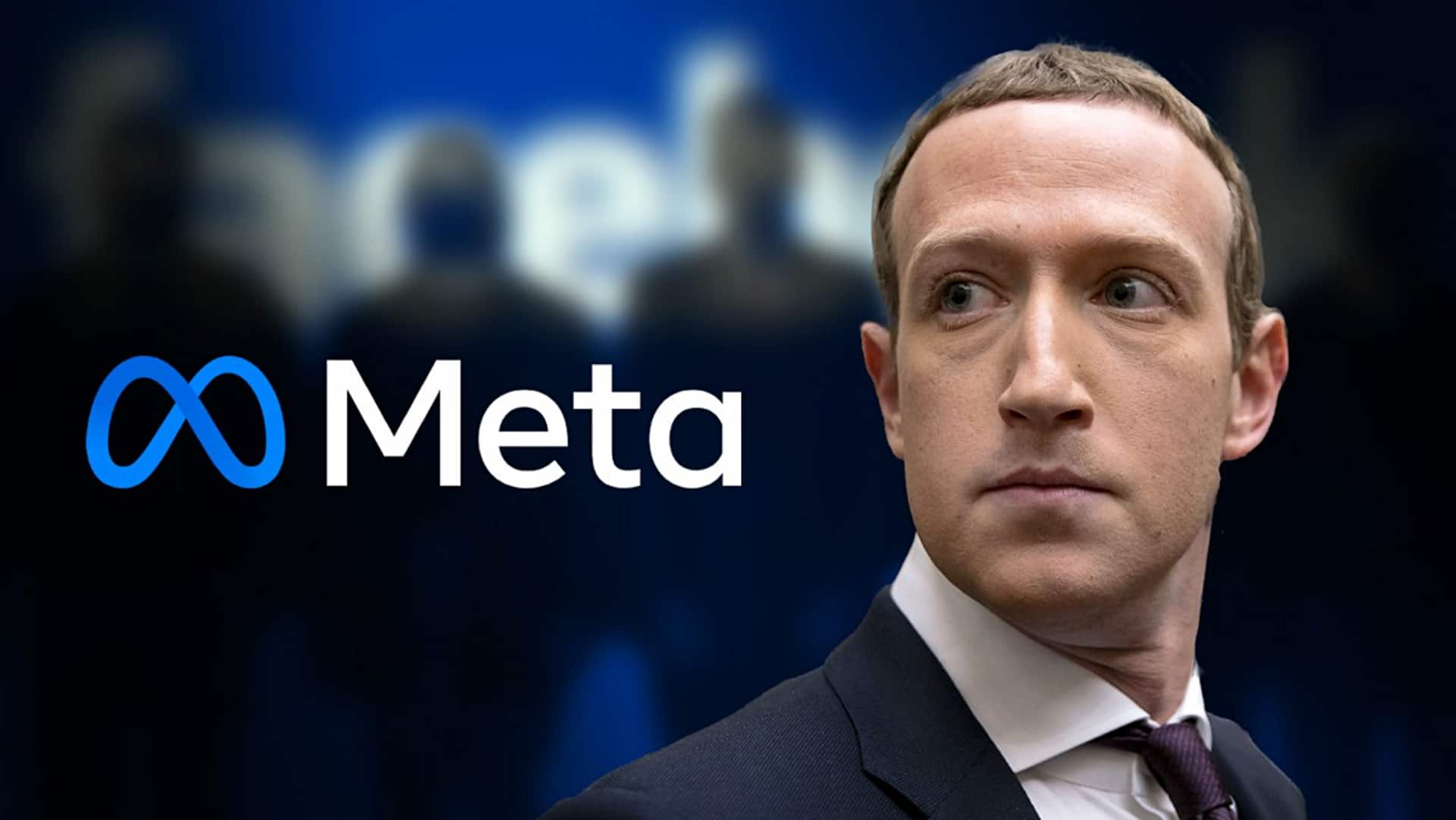
Meta is recruiting AI talent without conducting candidate interviews
What's the story
Meta's CEO, Mark Zuckerberg, is reportedly spearheading the company's recruitment drive by personally reaching out to AI researchers at Google's DeepMind, according to The Information. The report also states that Meta has started extending job offers to candidates without conducting interviews. Zuckerberg has been highlighting the significance of AI to Meta and expressing his interest in potential partnerships with these experts.
Recruitment strategy
Reconsidering approach to salary negotiations
In a radical shift from conventional hiring methods, Meta is also said to be rethinking its salary negotiation policy. Contrary to its previous stance of not raising salaries for employees considering other job offers, Meta is now mulling over offering more competitive remuneration packages. At present, Meta's AI researchers earn up to $2 million annually—a figure that pales in comparison to OpenAI's hefty $5 million to $10 million packages.
Meta's move
Significant investment in AI hardware and development
In a January conversation with The Verge, Zuckerberg disclosed that Meta aims to acquire a substantial number of NVIDIA H100 GPUs by 2024. These chips are commonly utilized for training and deploying AI models. "We have developed the capacity to do this on a scale that might surpass any other individual company," Zuckerberg stated.
Information
Advocating open-source approach for AI development
Meta is championing an open-source approach for AI development. Last year, the company unveiled an extensively open-source AI model. During an earnings call, Zuckerberg informed investors that "AI will be our primary investment area in 2024, encompassing both engineering and compute resources."
Facts
Meta's chief AI scientist on AGI's potential
On a related note, Yann LeCun, Meta's Chief AI scientist, recently made news for his stance on Artificial General Intelligence (AGI). Contradicting Elon Musk's tweet that AI will soon outperform human intelligence, LeCun stated: "No. If that were true, we would have AI systems capable of learning to drive a car in 20 hours of practice, like any 17-year-old." This statement brings to light the ongoing discussion about the potential and future of AI.